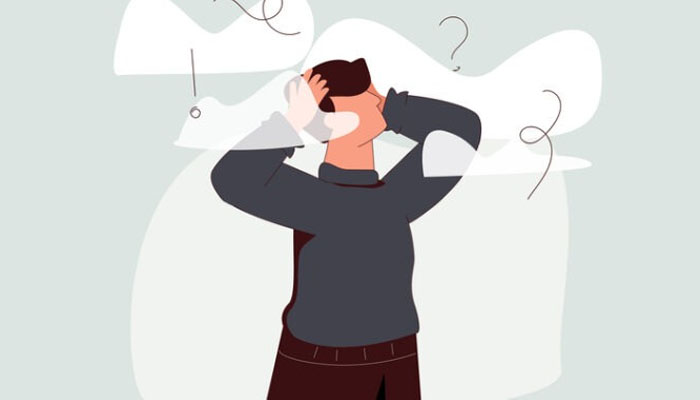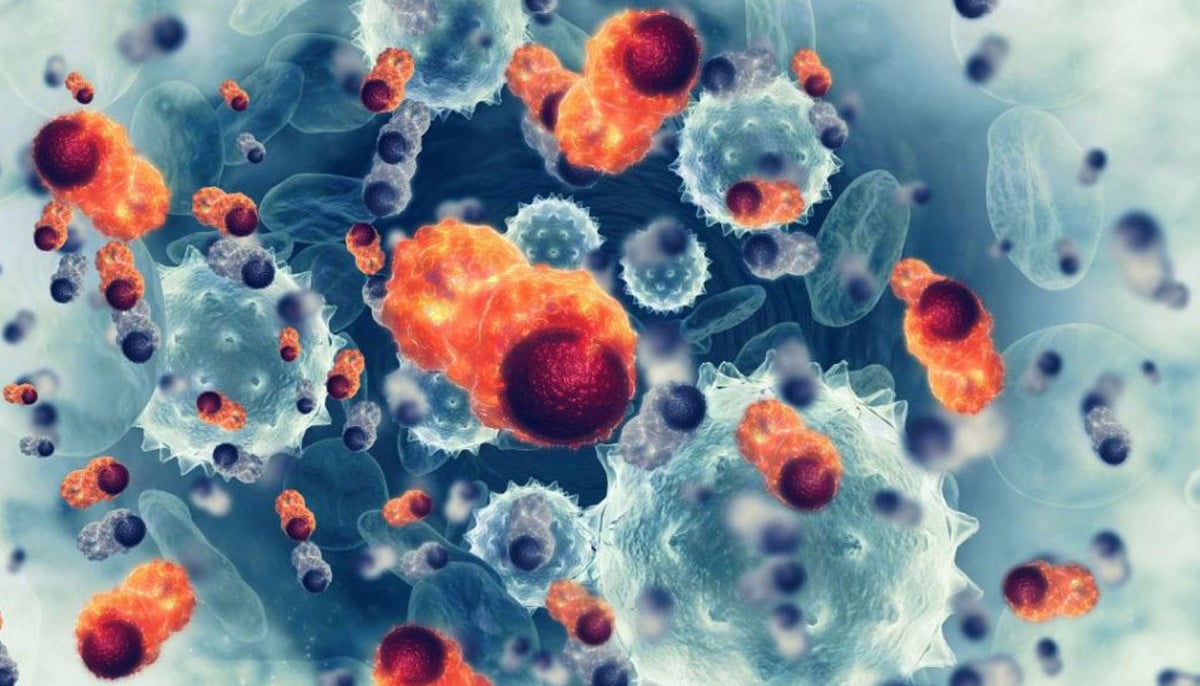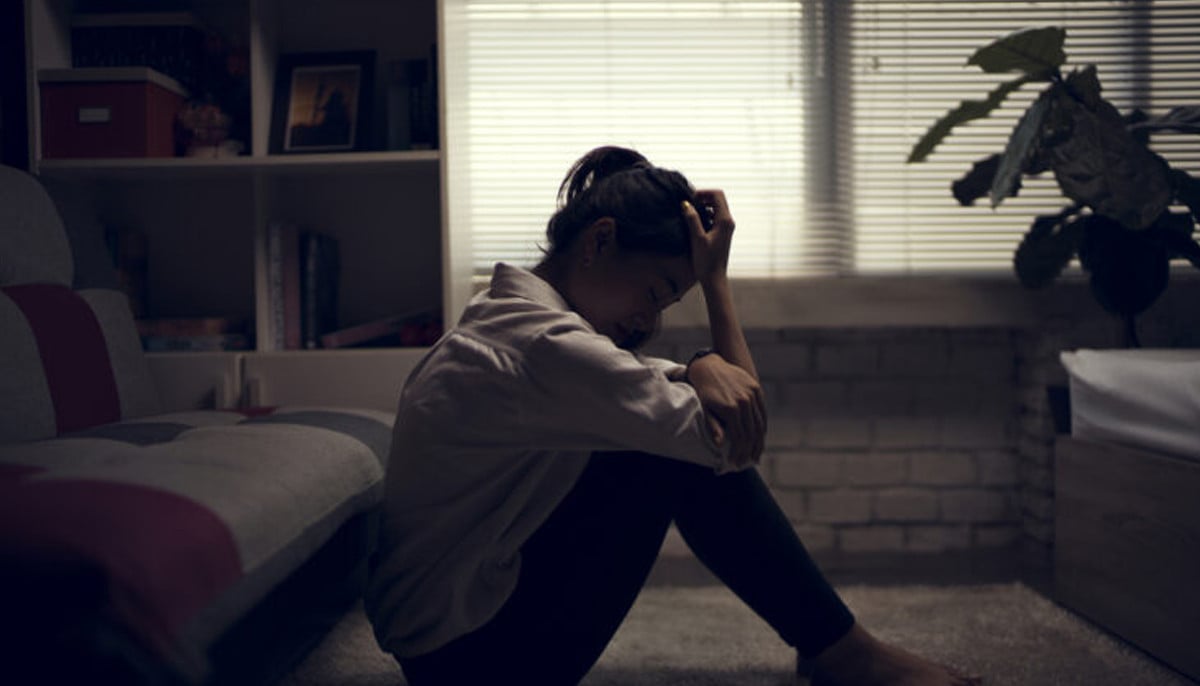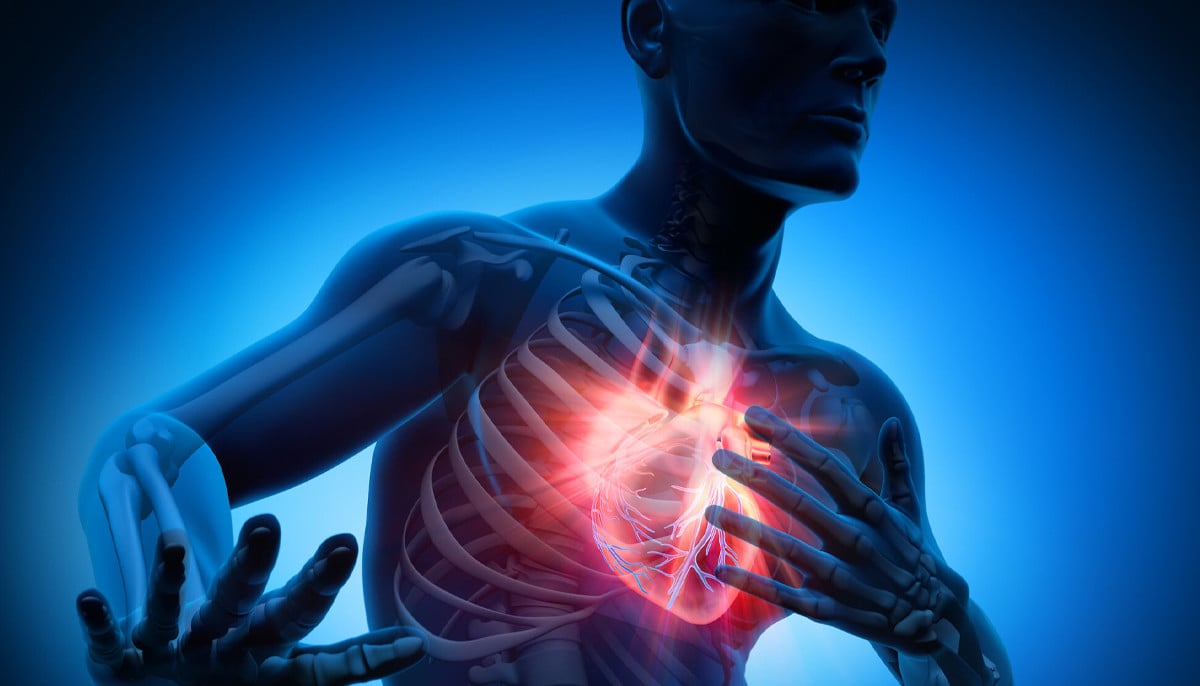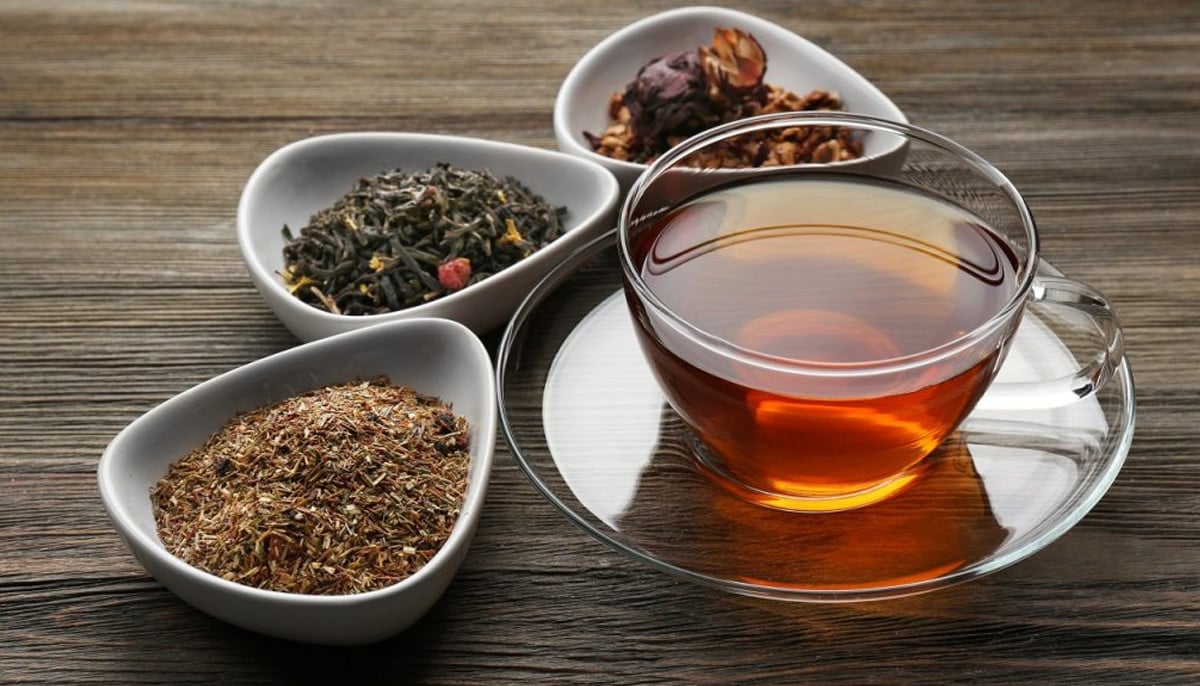Panic attacks: What to do and what not to
Horrible heart palpitations, facial flushing, shortness of breath, and feeling I'm going to die are all different forms of panic attacks
Spending a holiday with friends should be pleasant, but it can be difficult to unwind if you're always worried about having a panic attack.
According to psychologist Greta Hirsch, PhD, clinical director of the Ross Centre for Anxiety and Related Disorders in Washington, DC, panic attacks vary from person to person but are typically curable. Hirsch clarified: "One person might experience horrible heart palpitations, while another might have facial flushing and shortness of breath. Someone else may feel like, 'Oh, everyone's seeing me have a meltdown!'"
People who suffer from panic attacks learn in treatment how to use constructive coping statements to counter negative self-talk. Maintaining a journal can be a useful tool for assisting individuals in recognising their anxious moments and writing down encouraging phrases that they can mentally repeat when experiencing a panic attack.
For example, Hirsch said, you might think, "This doesn't feel comfortable, but I can accept it. I can ride through this. I don't need it to get to me."
Your first instinct could be to put an end to your panic attack as soon as possible if you're reeling and afraid of losing control. Instead, Hirsch advised allowing your body to respond to your sensations without feeling the need to fight back or flee, according to Health.
Consider this metaphor: "You're in the ocean, and there's a huge wave coming at you, and that represents your panic attack. What happens if you try to put your hand out to stop that wave? It's going to knock you over," Hirsch said. Whereas, "if you dive into it, it just brings you a little bit closer to shore."
According to the Anxiety and Depression Association of America, most panic attacks peak in 10 minutes or less and then typically start to fade.
-
All you need to know guide to rosacea
-
Prevent cancer with these simple lifestyle changes
-
Experts reveal keto diet as key to treating depression
-
Skipping breakfast? Here are some reasons why you shouldn't
-
Sciences reveals shocking body response against heart attack
-
Anti-inflammatory teas to keep your gut balanced
-
Emma Stone reveals she is ‘too afraid’ of her ‘own mental health’
-
5 simple rules to follow for smooth, healthy hair
